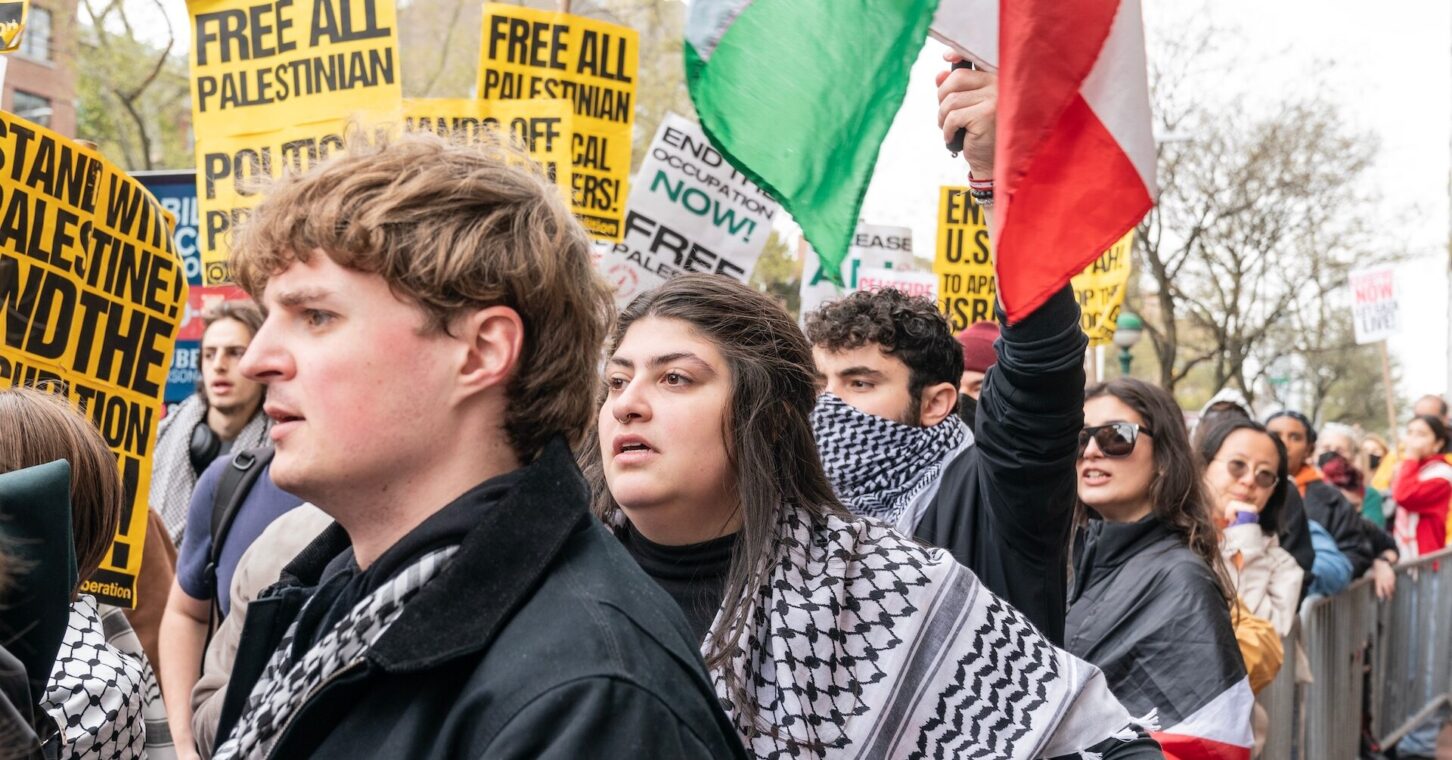
People have long predicted a day of reckoning for American higher education, without success. So, far be it from me to believe I’ve finally divined it.
But as I watched the anti-Israel protests on multiple college campuses – and reactions to those protests – it sure feels like change is in the air.
Out: complaints about overly posh student amenities or bloated administrative headcount.
In: revulsion at seeing some of today’s “best and brightest” support what the U.S. State Department deems an official Foreign Terrorist Organization.
Various reported comments from protesters indicate they are motivated in part by a desire to be connected with a protest legacy rooted in the 1960s. Consider this quote from a recent Associated Press article:
“‘They always talked about the ’68 protest as sort of a North Star,’ (Hannah) Sattler, 27, a graduate student of international human rights policy at Columbia University, said of the campus organizers there.
“‘Even the choice to take over Hamilton Hall was always the plan from the start of the encampment,’ she says. ‘Not only because it just made a lot of sense logistically, but it also has that … strong historical connection with the 60s protests.’”
That 1968 protest at Columbia, like many others at that time, was largely motivated by the U.S. war in Vietnam. The difference between then and the situation now is instructive.
Back then, students protested their fellow Americans being sent to fight and die halfway around the world. Today, some of the loudest rhetoric aligns protesters with Hamas, a terrorist organization that for seven months has held American civilians hostage halfway around the world.
According to credible reports, Hamas has rejected offers for the cease-fire their sympathizers in the United States call for. In exchange for this cease-fire, Hamas would merely have to release some, not all, of the hostages they hold. This, of course, assumes these hostages are still alive.
It was Karl Marx who observed that history repeats itself “the first time as tragedy, the second time as farce.” The moral inversion of today’s protesters — who are siding against Americans abroad rather than with them — certainly counts as farce. Perhaps that’s fitting, given that Marx created the oppressor-oppressed lens through which today’s campus dissidents insist on viewing the entire world, including the Hamas-Israel conflict.
Opinion polling on these latest protests, including the illicit encampments that police have had to break up on campuses closer to home such as the University of Georgia and Emory University, is still scant. But a YouGov poll released this past Thursday suggests the protesters aren’t winning people to their side.
In that poll, nearly half of American adults said they strongly or somewhat opposed the protests, compared to roughly a quarter who supported them. The question lumped all protests together as one; I suspect a specific question about the most violent or illegal ones would draw even more stark disapproval.
By a full 2-to-1 margin, the same poll respondents said colleges’ responses to the students have been not harsh enough (33%), rather than too harsh (16%). Another 20% said they were about right. And here is where I wonder if this episode may turn public opinion regarding America’s colleges.
Campus radicalism not only grew following the 1960s — it became institutionalized. This is common knowledge. What was not common knowledge, until recently, was how perversely and ferociously this radicalism could manifest itself beyond niche courses and departments. The new Marxism driving these twisted priorities – favoring the terrorists taking our countrymen hostage, not to mention seeking to wipe an ally of ours off the face of the Earth – sprung directly from the new campus radicals.
Now, many regular Americans are paying tens of thousands of dollars per year to send their children to these same campuses, only to watch as they are either obstructed from attending class or, worse, are radicalized themselves.
Mountains of student debt – and the taxpayer-funded forgiveness of said debt – did not produce sufficient will to reform today’s radical campuses. But their moral inversion just might do it.
